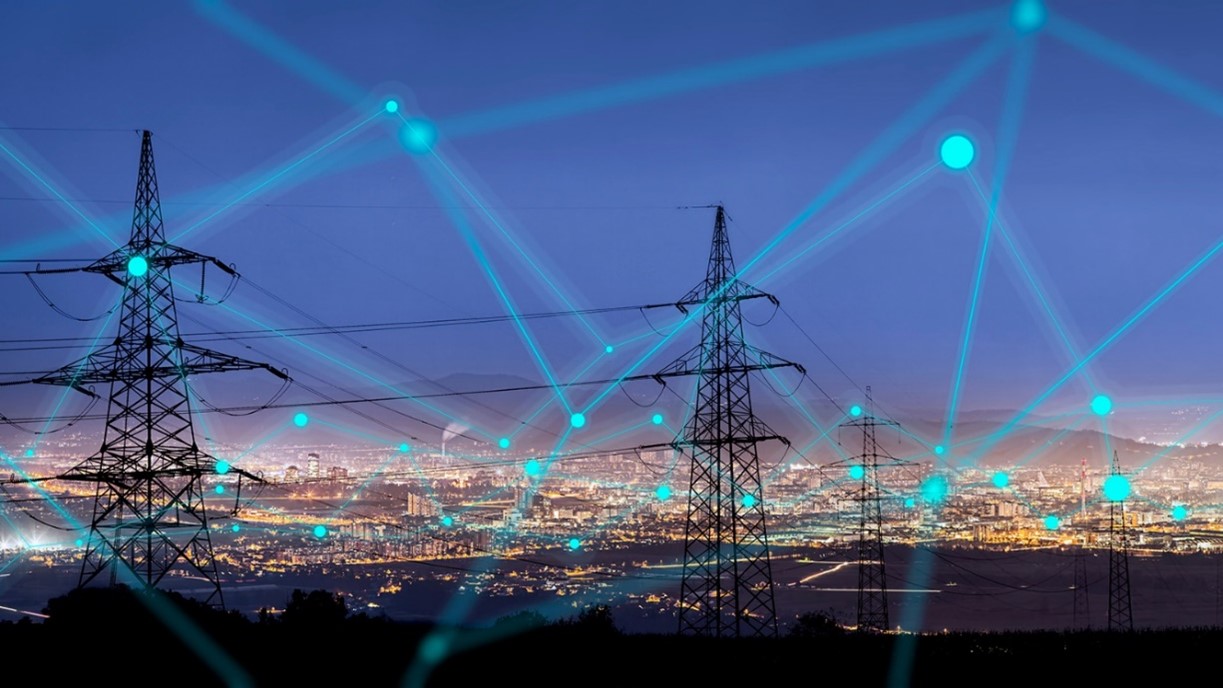The pace of traditional power plant retirements and a rapid switch to electrification is posing “unprecedented challenges to the reliability of our nation’s electric system,” members of the Federal Energy Regulatory Commission (FERC) warned at a Senate Energy & Natural Resources Committee hearing last week.
An underinvestment in natural gas, infrastructure and baseload generation are exacerbating an already overloaded power grid as all-electric policies drive up demand – and threaten reliability and resiliency. That’s a recipe for disaster, according to regulators, as increased intermittent renewable power is prioritized over more resilient fuels, like natural gas, that can maintain bulk power system needs and deliver electricity when it’s needed the most.
“Natural gas must remain in the process in terms of ensuring reliability for the electric grid,” Pennsylvania Public Utility Commission (PUC) Chairwoman Gladys Brown Dutrieuille said during the Marcellus Shale Coalition’s Powering Northeast PA luncheon in April.
Political desires aiming to shift away from fossil fuels are misguided and only serve to cut off access to affordable and easily dispatchable energy afforded by clean, abundant natural gas.
For example, grid operator PJM Interconnection cautioned that about 40 gigawatts (GW) – or more than 20% – of its total installed capacity is at risk of retiring by 2030, with only between 15-30 GW expected to come online in replacement.
“The arithmetic doesn’t work,” FERC Commissioner Mark Christie said, particularly as modern life becomes more dependent on electric power every day.
Despite these warnings, the U.S. EPA rolled out its proposal for regulating power plant emissions today that would undercut grid reliability even further. As Marcellus Shale Coalition President Dave Callahan formally stated this morning,
“The proposed heavy handed regulatory scheme jeopardizes reliable, affordable electricity for American consumers. While we’re still reviewing the proposed regulations, the data and facts are indisputable that clean and abundant American natural gas has been and continues to be a driving force in further improving our air quality, growing our economy and scaling renewable energy sources,” he said.
“By letting the market work and encouraging continued technological advancements, including carbon capture and storage, the country will continue to realize clean air progress while ensuring power resiliency and consumer affordability.”
Here’s what officials are saying about natural gas’ importance to grid stability:
“I believe in an all-of-the-above approach…Whatever resources are needed to keep our grid reliable, we have to make sure they are available.” – FERC Chairman Willie Phillips
“There is no doubt that our electric grid is undergoing a rapid transition, both in generation sources and in the types of demand the grid is called on to serve…The only way to transition without sacrificing reliability and affordability is with policies that spur innovation, not elimination, so we can use all of our energy resources in the cleanest way possible.” – S. Senator Joe Manchin
“The Marcellus Shale took us to a place where we needed to be in Pennsylvania, and that was low energy prices. We’re so happy we’ve moved from a state that was importing electricity to a state that’s now exporting about 30% to other states” – PA PUC Chair Gladys Brown Dutrieuille
“As extreme weather events continue to strain the U.S. energy system, adequate pipeline and transmission capacity is critical to maintaining energy reliability, availability, and security.” – S. Energy Secretary Jennifer Granholm
“Policymakers must continue to balance realism with aspiration while recognizing that any energy transition will require additional time and technology and must be inclusive of all energy sources to maintain the reliability and affordability that is the cornerstone of American energy security.” – NRECA CEO Jim Matheson
“Natural gas generation is affordable to build and can be switched on quickly to cover increased demand (unlike firm baseload resources like coal or nuclear), then ramped down when renewable resources are once again able to handle demand.” – Electric Power Supply Association president and CEO Todd Snitchler
“We are retiring dispatchable generating resources at a pace and in an amount that is far too fast and far too great and is threatening our ability to keep the lights on.” – FERC Commissioner Mark Christie





